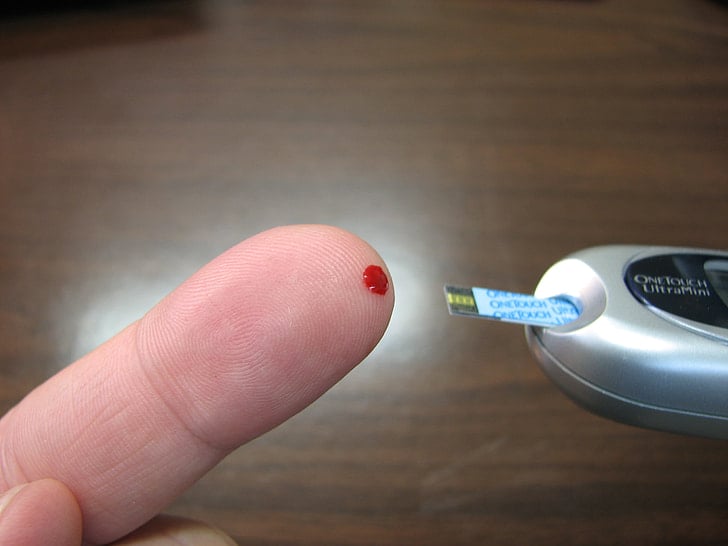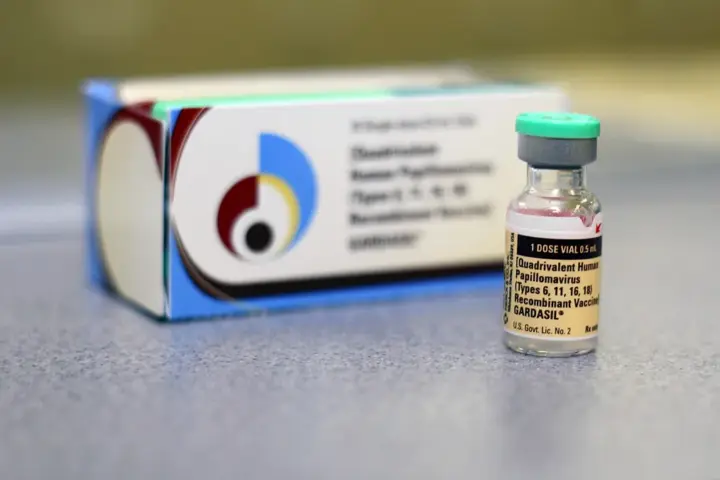A record 166,360 adults in England joined the NHS “Healthier You” Diabetes Prevention Programme last year, bringing the total participants to over 900,000 since its launch in 2016, according to newly released data.
The data, released during Type 2 Diabetes Prevention Week (May 26 – June 1, 2025), shows how the nine-month programme offers personalized support to help people at high risk make lifestyle changes before developing the condition.
“Type 2 Diabetes and obesity are both major public health challenges for this country,” said Dr. Clare Hambling, National Clinical Director for Diabetes and Obesity at NHS England. “This world-leading NHS initiative is preventing Type 2 diabetes and empowering hundreds of thousands of people across England to lead healthier lives.”
The programme focuses on three key areas: healthier eating, maintaining a healthy weight, and increasing physical activity. Participants can access support either face-to-face or through digital services that include wearable fitness trackers, health coach apps, and online peer support groups.
Research from Manchester University shows the programme reduces someone’s chance of developing Type 2 diabetes by 37%, with participants typically losing an average of 3.3kg.
The NHS currently spends approximately £10.7 billion annually on diabetes care. Type 2 diabetes can lead to serious health problems including blindness, kidney failure, limb amputation, heart attack, stroke, and increased cancer risk.
Similar Posts
Douglas Twenefour, Head of Clinical at Diabetes UK, highlighted the scale of the issue: “Millions of people in the UK are living with prediabetes, which means they are at high risk of developing type 2 diabetes. Ensuring those at risk get the care and treatment they need is absolutely critical.”
While various factors contribute to Type 2 diabetes risk, including age, family history, and ethnicity, obesity remains the single greatest risk factor, accounting for 80-85% of someone’s chance of developing the condition.
The programme has shown particular success in attracting male participants, with 45% of those taking part being men – a much higher proportion than typically engage with weight loss programmes.
Graham Lowe, 59, from Four Oaks in the West Midlands, joined the programme after medical tests revealed he was borderline diabetic. His blood sugar levels dropped significantly after completing the programme, and his weight decreased from 17 stone 9 lbs to 13.5 stone.
“My father has Type 2 diabetes so I’ve seen how challenging it can make life, and I didn’t want to follow in those footsteps,” Lowe said. “I recommend that people – especially men, since we may not go to the GP for a check-up as often – visit your GP and get tested for diabetes if you’re experiencing any symptoms like fatigue and increased thirst.”
The government is also taking broader steps to tackle the root causes of Type 2 diabetes. Ashley Dalton, Minister for Public Health and Prevention, said: “We know that prevention is better than treatment. We are continuing to restrict junk food advertising, limiting school children’s access to fast food, and ensuring that industry is incentivized to cut sugar in soft drinks.”
Health leaders are encouraging people to check their risk of developing Type 2 diabetes using the “Know Your Risk” online tool from Diabetes UK, which latest data shows has been used nearly 3.3 million times. Those identified as being at risk can request a referral from their GP or self-register for the programme if they have concerning blood sugar levels.
With around 4.8 million people in the UK living with diabetes, both diagnosed and undiagnosed, and approximately 2 million more at high risk of developing Type 2 diabetes, prevention programmes like “Healthier You” remain crucial to public health efforts.



















